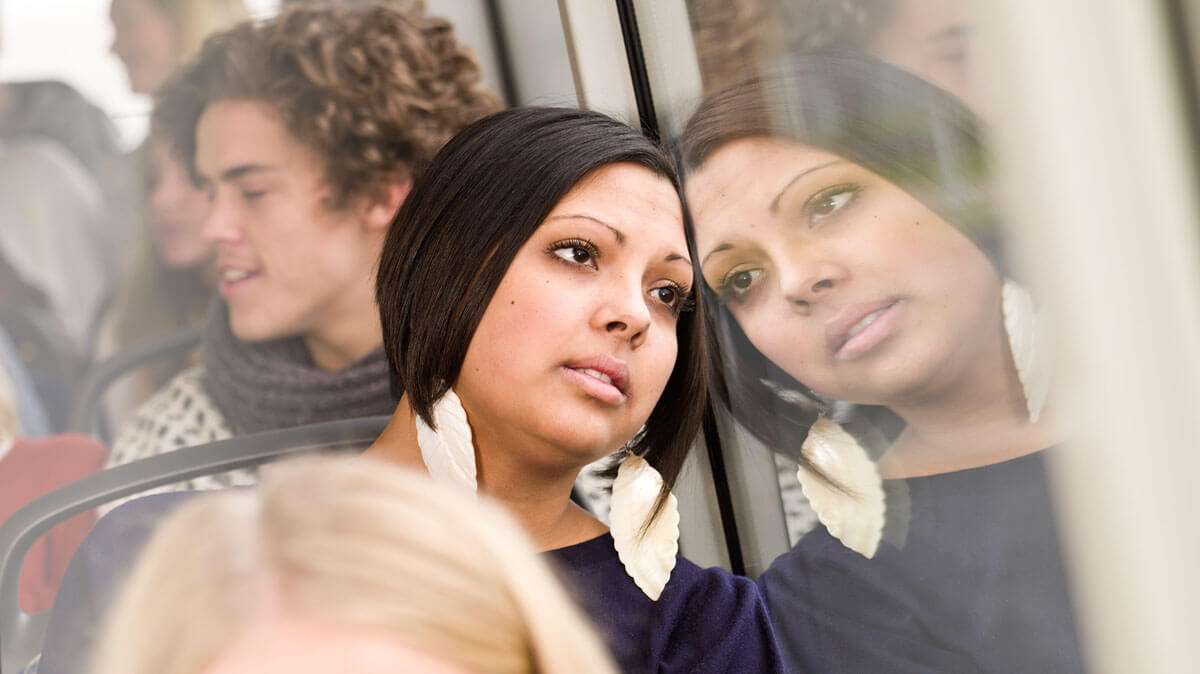
Women are mothers, caretakers, spouses, employees, friends, and neighbors — often all at once. Living with HIV as a woman means dealing with the disease while still fulfilling these other roles. But by taking care of your health and taking HIV medicine, you can live a long, healthy life.
HIV and women's health
HIV affects women in unique ways. You may have changes in your menstrual cycle or get different side effects from HIV medicines than men. HIV can also cause health problems and problems with normal aging that are unique to women.
Barriers to care for HIV
Some women with HIV may have less access to health care than others because of lack of housing, transportation, or other support.
Finding your HIV care team
As a woman living with HIV, one of the most important relationships you will have is with your doctor. Finding the right doctor can have a big impact on your well-being.
Pregnancy and HIV
HIV can be spread to your baby during pregnancy, while in labor, or by breastfeeding. But you can take steps to greatly lower the risk of passing HIV to your baby.
Telling people you are HIV-positive
If you have been diagnosed with HIV, you may have questions about who you should share your status with and how best to talk about it.

